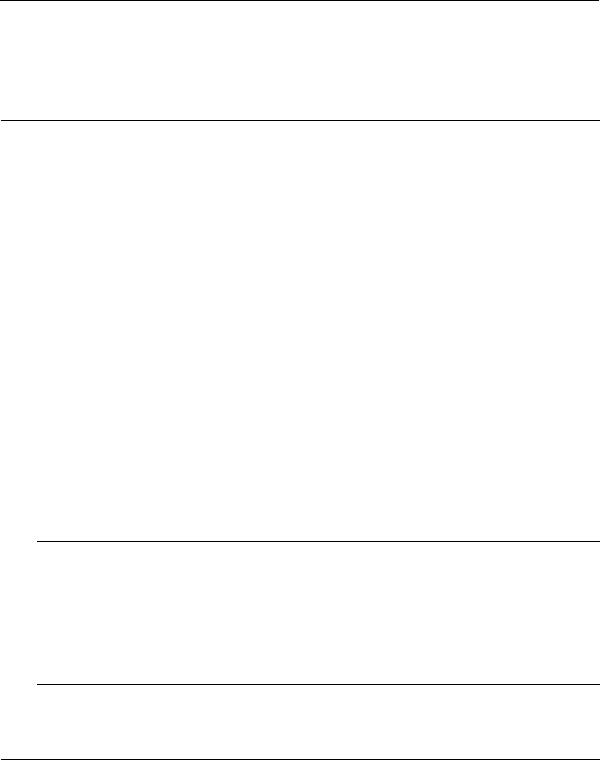
When you load MS-DOS f
rom the hard disk, the operating
system is copied to the computer’s memory; however, all the
MS-DOS programs remain only on drive C and are not copied
to memory. When you turn off the hard disk, the computer no
longer has a drive C. This means that if you type a command
such as DISKCOPY, the operating system will not be able to
find it because there is no drive C.
This may not matter if you are using an application
program (such as a word processing or spreadsheet program)
because once it is loaded, you will use the commands provided
by the program. However, if you want to store data on the
hard disk, you need to turn it back on.
Note
Some application programs have overlays which must be on
the current drive. For these types of programs, you need to run
them from drive A.
The following example shows the proper procedure for
turning the hard disk off while the computer is on.
1.
Suppose you turn on the computer with the hard disk
switch on. MS-DOS loads from the hard disk.
2.
Next type A: and press Enter to log on to drive A.
3.
If you want to load an application program from the hard
disk, do it now. Be sure to type C: and the pathname of
any subdirectories, as necessary, in front of the name of the
application program.
You must to do this before you turn off the hard disk. You
may also want to copy any files you will be using from
drive C to drive A.
Note
If you are still logged on to drive C when you turn off the
hard disk, the next time you enter a command, the screen
displays an error message. If this happens, turn the hard
disk back on and then log on drive A.
A-10
Options and Maintenance


















